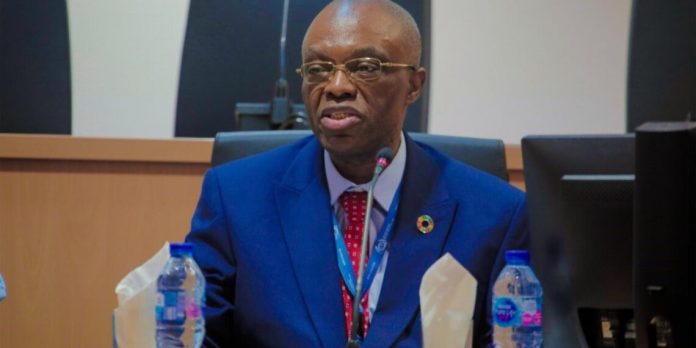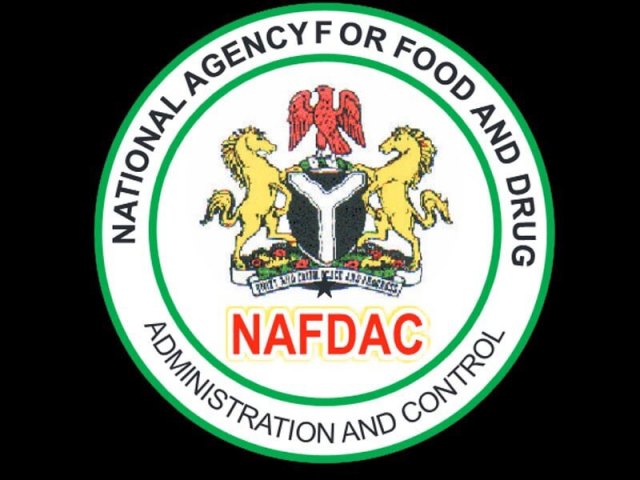Nigeria records significant progress in tuberculosis (TB) treatment coverage, rising to 74% in 2023 from 59% in 2022.
Speaking at the National Tuberculosis Conference in Abuja, the World Health Organization (WHO) Representative in Nigeria, Dr. Walter Kazadi Mulombo, highlights this achievement as a testament to the commitment of the Coordinating Minister of Health and the national TB response team.
Dr. Mulombo notes that Nigeria is recognized in the 2024 WHO Global Tuberculosis Report as one of 13 countries to have reduced TB-related deaths by more than 50% between 2015 and 2023. This progress, he states, reflects the nation’s unwavering efforts in combating the disease.
He also commends the Nigerian government for establishing a TB matching fund with the private sector in 2024, describing it as a bold and innovative approach to resource mobilization. Public-private partnerships continue to play a crucial role, with the private sector contributing 29% of reported TB cases in 2023.
Dr. Mulombo highlights the expansion of diagnostic tools, including WHO Rapid Diagnostics (WRDs), and the use of hotspot mapping to intensify case detection. These initiatives contribute to increased TB case detection and treatment success rates.
However, he emphasizes that challenges persist, including undiagnosed cases, a 60% funding gap in 2023, the dual burden of TB and HIV, and rising cases of multidrug-resistant TB (MDR-TB). Socio-economic barriers, such as poverty, stigma, and malnutrition, further complicate the response.
Dr. Mulombo urges stakeholders to take bold actions to meet the 2030 target of ending the TB epidemic. He calls for:
- Inclusive strategies that prioritize underserved populations.
- Strengthened primary healthcare and community-based TB care.
- Investments in innovative technologies like advanced diagnostics and shorter treatment regimens.
- Addressing social determinants of health, including poverty, housing, and nutrition.
The conference, themed “Public-Private Partnership and Integrated Service Delivery: Panacea to End Tuberculosis in Nigeria,” aligns with the vision of fostering innovative and collaborative strategies. Dr. Mulombo praises the adoption of the Sector-Wide Approach (SWAp) by the Nigerian government, which ensures efficient resource utilization, stakeholder alignment, and accountability.
I’m Dr. Mulombo calls on stakeholders to use the conference as a platform to share insights, refine strategies, and adopt evidence-based interventions. He stresses the importance of collective action in transforming Nigeria’s TB response and ensuring no one is left behind in accessing TB prevention, diagnosis, and treatment services.
“This conference provides a unique opportunity to strengthen our resolve and adopt strategies that will bring us closer to ending the tuberculosis epidemic by 2030,” he concludes.













